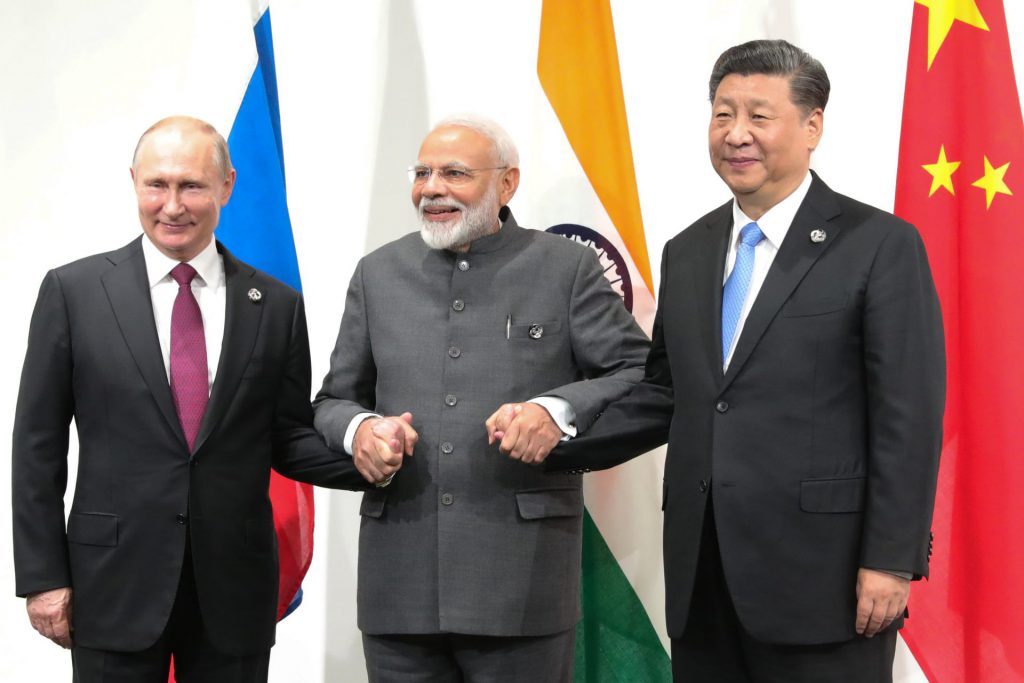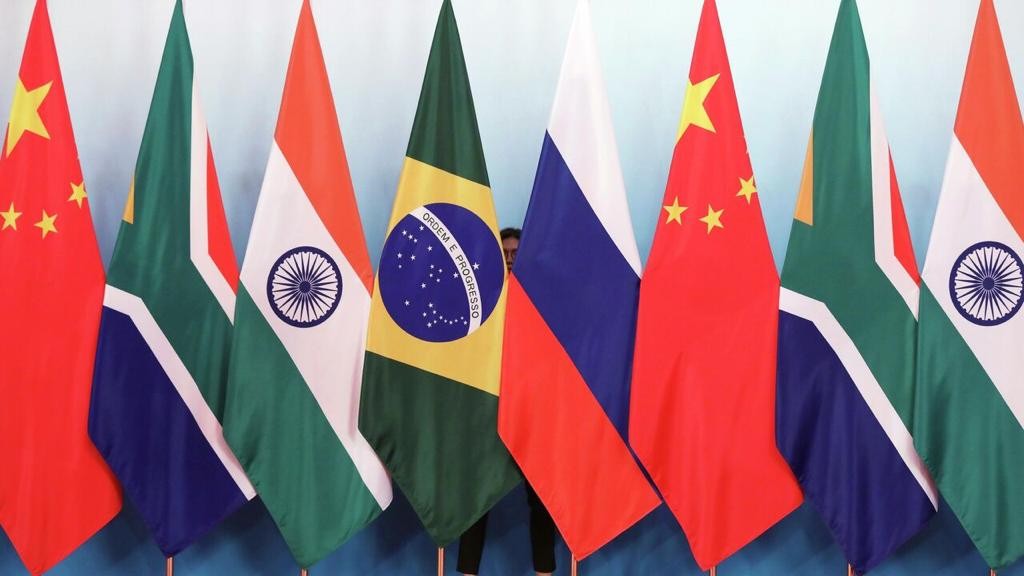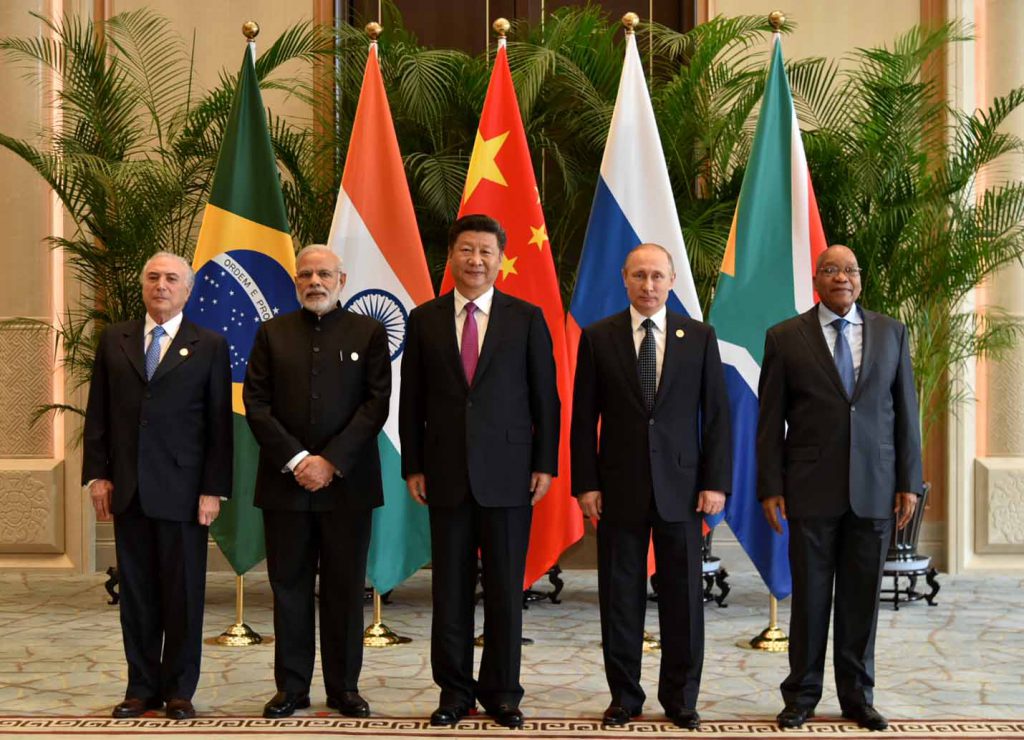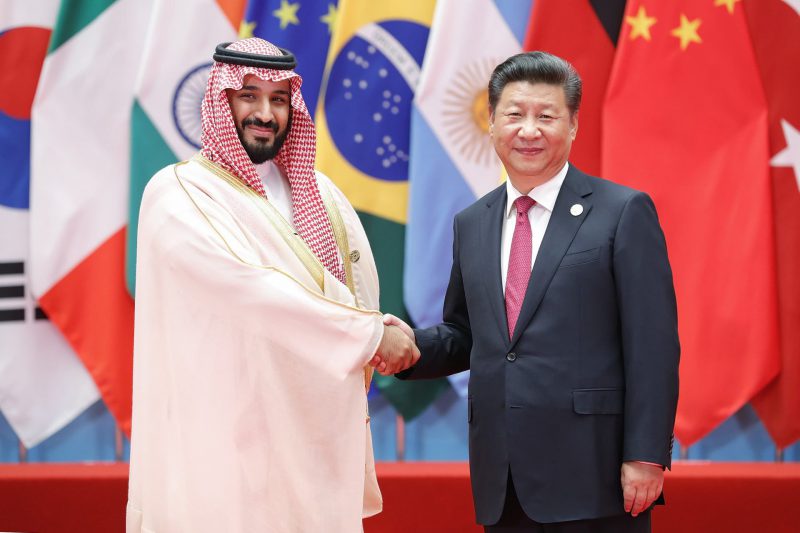With the annual summit on the horizon, the growth of BRICS has been a constant topic of discussion. Moreover, with the number of countries seeking entry seemingly growing by the day, the prospect of adding members is certainly a concerning one. Specifically, because expansion could be dangerous for the BRICS alliance.
The current state of the bloc is very interesting. Growing in prominence through its de-dollarization efforts, it has become a desirable collective for emerging economies to gravitate towards. But the overall health of the bloc could hinge on how it moves forward at such a vital time.
BRICS Expansion Needs to Wait


For the past several weeks, a number of countries have been speaking in hopes of joining the BRICS bloc. Nations like Argentina, Egypt, Indonesia, Iran, Saudi Arabia, and the United Arab Emirates (UAE). Nevertheless, although some of these countries would be immensely positive allies for the bloc, there is still concern about what growth could mean.
The primary reason why expansion could be dangerous for the BRICS bloc is that it’s not really necessary. Specifically, the countries have risen to their current position on their own merit, and they aren’t missing a certain economic or geopolitical ally to propel them. Subsequently, introducing a host of countries into the mix could have an adverse effect.


The growth of any alliance should be organic and gradual. Moreover, this kind of process is certainly one that takes time, especially considering the multipolar hope of the collective. Establishing these kinds of governance mechanisms and geopolitical collaborations will require careful precision from those involved. Thus, it would only be hindered by the presence of other nations, and other interests.
The current bloc is already working around its own various challenges. China boasts a robust economic framework, while South Africa is navigating its own challenges in that respect. Alternatively, India and Brazil are healthy economic countries, but Western sanctions have cut Russia off completely.
Indeed, expansion is a natural evolution of growth, but the BRICS bloc has not yet instilled the necessary framework and foundation to support that growth. Alternatively, the New Development Bank (NDB) could thrive from global influence and be utilized as a tool for global inclusivity through its developments and initiatives.
Alternative Currency and Selectivity


The one major area in which the BRICS bloc could see expansion as beneficial currently is the development of its own currency. Indeed, BRICS implementation in other countries would only hasten the prominence of a BRICS currency. Moreover, considering Russia’s economic position amid the US dollar’s fading use, it becomes understandable.
However, that process is far more fragile than simply including more countries that would use the currency. There would be an immense process of developing stable policies and exchange rate coordination to establish an infrastructure that could support a brand-new trade currency. Subsequently, all countries would need a voice in the development of those mechanisms, while all would have different interests in the reasoning behind their hopes.
Thus, for expansion to be available for the bloc, it would have to be selective and would need time. As previously stated, expansion is an understandable evolutionary process of the economic alliance.


However, that process must be selective for the perseverance of the bloc into the future. Although the BRICS have spoken of their desire to include developing economies, that kind of expansion could be a dangerous prospect for the bloc’s sustainability.
Careful selection is the only positive way to move forward with an expansion plan for the bloc. Additionally, this will ensure an integration process that supports common ideals for the bloc and its facets. All leading toward greater stability while growth takes place. A necessity for the bloc to sustain more members.
Moreover, this process should then place a focus on building interior trust among those included. For the bloc to continue its rise, it must fortify its foundation. Thus, it must develop a collective that is built on convergent ideas and interests. Therefore, establish a shared directive to achieve the goals they’ve set for themselves.
However, the careful nature of that idea is undeniable. And one thing is abundantly clear: An expansion could be immensely dangerous for the BRICS alliance.





